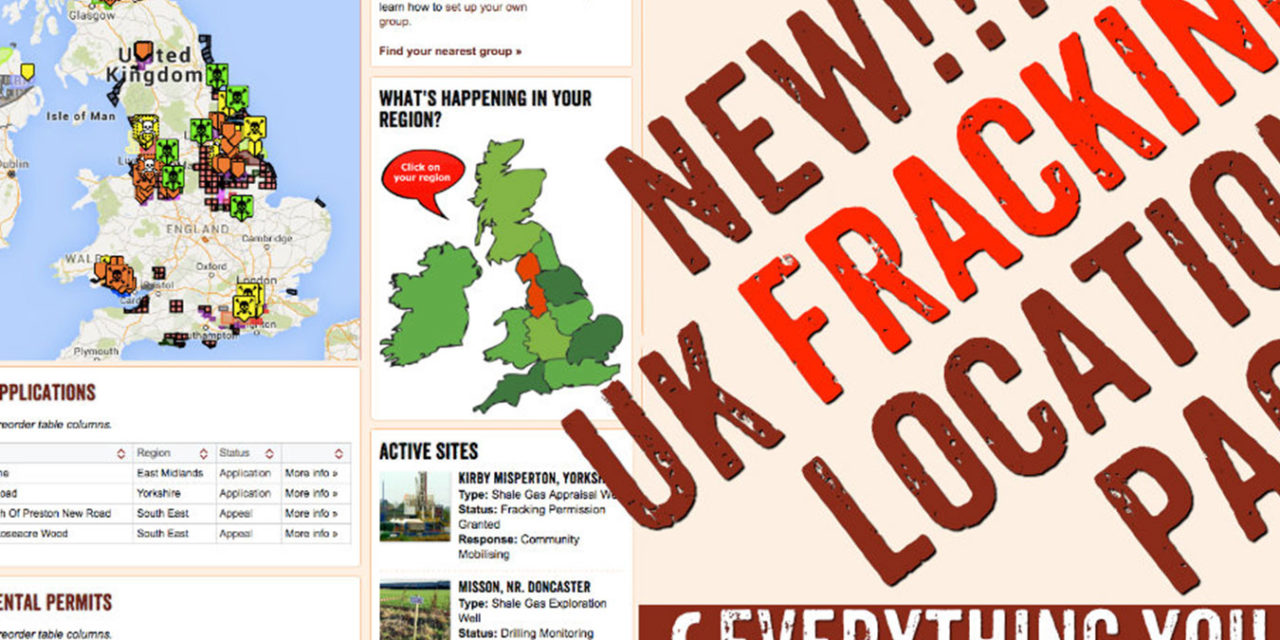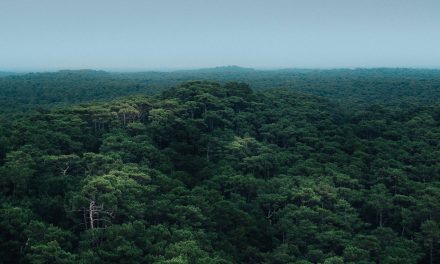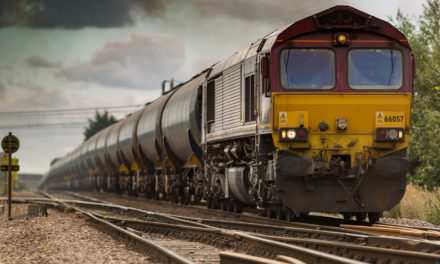The British government’s spending watchdog has found that fracking has cost taxpayers at least £32 million and that only three wells have been dug.
The National Audit Office (NAO) found taxpayers have spent £32 million on the shale gas industry, £13 million of which was on police forces who had to maintain security at fracking sites because of protests.
Four years ago, when David Cameron was waxing lyrical about the benefits of fracking, the plan was that 20 fracking wells would be up and running by 2020, but just three are and most of these are not producing any shale gas. The hope was that as North Sea oil and gas dwindled, domestic UK shale gas would make Britain less reliant on foreign imports.
The auditors from the NAO also raised concerns that the Environment Agency, the Health and Safety Executive and the Oil and Gas Authority were reliant on the fracking industry to self-report about any problems the industry may be facing. Auditors also found that it wasn’t clear who should pay for the decommissioning of sites and that in some cases the bill may have to be picked up by the landowners.
“This is a quietly critical report that doesn’t give the fracking industry any revived sense of hope. The NAO has several concerns including the mark-your-own-homework approach to regulation and the lack of clarity over who should be responsible for clean-up costs if fracking ever got going,” said Jamie Peters of Friends of the Earth in a statement.
Public Sceptical
The British public has been deeply sceptical about fracking since the first licences for exploration wells for shale gas were granted in 2008, and since then industry sites have dogged by protest.
Lancashire Constabulary alone has had between 25 and 100 officers at any given time involved in policing fracking sites between January 2017 and June 2019 at a cost of £11.8 million.
Meanwhile, opposition to fracking among the public is only growing. In 2013, 21% of respondents were against it, but by 2019 this had risen to 40%.
As well as its negative effects on the climate and the potential risk of groundwater pollution, the public is also concerned about fracking induced earthquakes.
In August, a tremor measuring 2.9 on the Richter scale was recorded at Cuadrilla’s site at Preston New Road near Blackpool and since then all operations there have been suspended.
Labour has said that all fracking should be banned. The shadow business secretary, Rebecca Long-Bailey, said the report reveals that fracking is a threat to the climate crisis.
“Fracking threatens air and water quality, and it contributes to the climate crisis. And as this report reveals, the government’s plan for making fracking sites safe after they’ve been used is unclear and untested. Well let me be crystal clear, Labour will ban fracking immediately,” she said.
However, the chief executive of UK Onshore Oil and Gas Ken Cronin insisted that delays in the planning system have led to delays in the development of fracking.
While the shale gas industry itself insists that regulations are too strict in the UK compared to the rest of the world.
Officially the government is waiting for a report from the Oil and Gas Authority (OGA) on the frequency and severity of earthquakes after the tremors earlier this year, but as environmental protests increase it is unlikely to give fracking a new lease of life.
Photo from frack.off.org.uk
- Why is California So at Risk from Wildfires? - 13th November 2019
- Carbon Offsetting is Growing but Does it Make a Difference? - 11th November 2019
- Three Confirmed Dead as Australia Prepares for “Catastrophic” Bushfires - 11th November 2019






